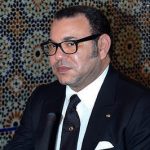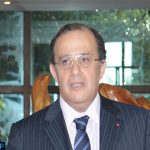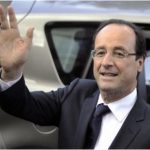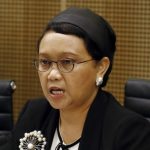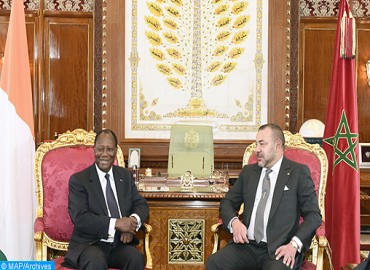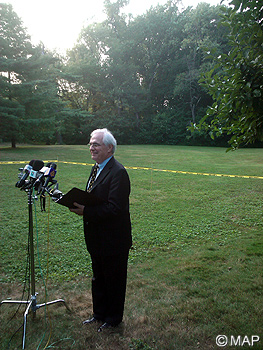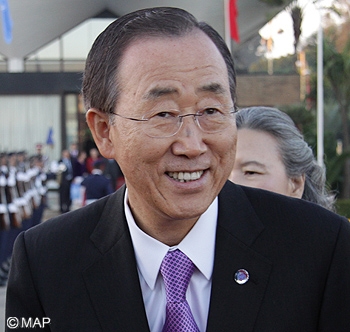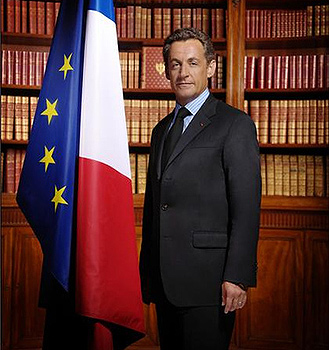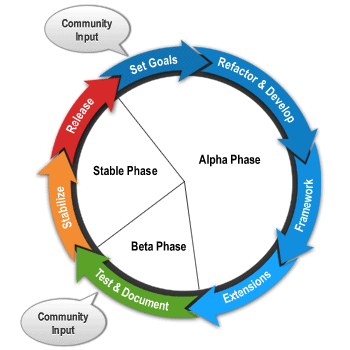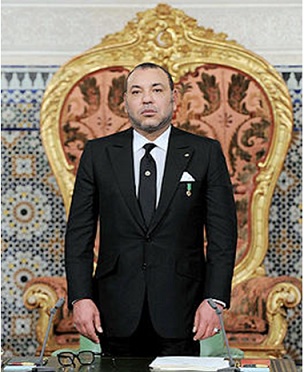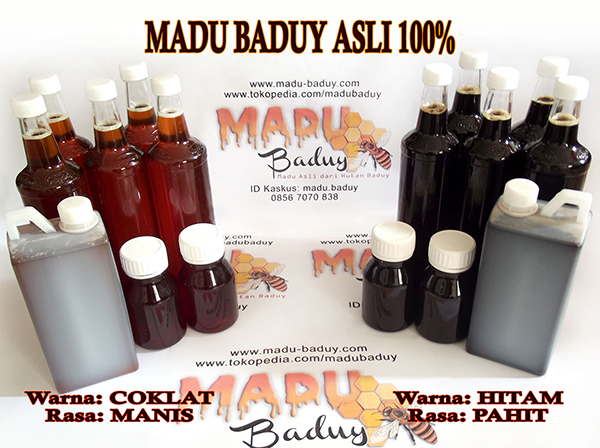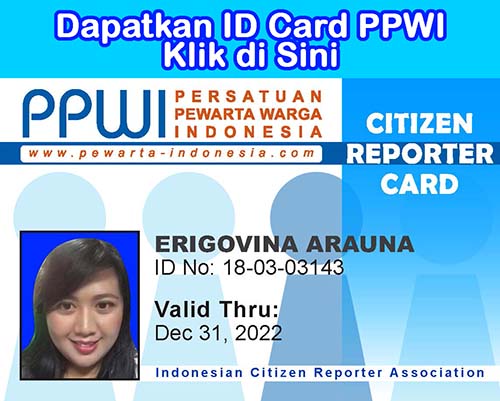Royal Message to Expo Milan 2015 (Full Text)
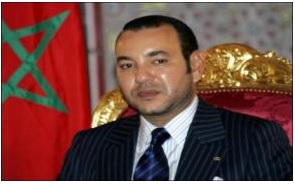 PERSISMA, RABAT – HM King Mohammed VI has addressed a message to the participants at Expo Milano 2015, held on May 1st through October 31st at the exhibition center Fiera Milano, Italy, under the theme “Feeding the Planet, energy for Life”
PERSISMA, RABAT – HM King Mohammed VI has addressed a message to the participants at Expo Milano 2015, held on May 1st through October 31st at the exhibition center Fiera Milano, Italy, under the theme “Feeding the Planet, energy for Life”
Here is the full text of the Royal message, read out by HRH Princess Lalla Hasnaa:
Praise be to God
May peace and blessings be upon the Prophet, His Kith and Kin
Mr President,
Honorable Heads of Delegation,
Ladies and Gentlemen
We are delighted that the Kingdom of Morocco is taking part in Expo Milano 2015, which is a universal event dedicated ta solidarity and to forging a more secure, more prosperous future for mankind. The participation of Morocco – which has been a member of the International Exhibitions Bureau since it was established – is testimony to my country’s commitment, within the International community, to sharing its experience and expertise in order to contribute to promoting human progress in all spheres.
Morocco has taken part in most of the World Fairs since the first Paris Expo in 1857. Its contributions, which have been outstanding, have gained the admiration of both visitors and participants, and some have won our country important awards. At Expo Seville 1992, the Moroccan Pavilion, an architectural masterpiece of Moroccan art reflecting our cultural traditions, illustrated the distinctiveness of our country’s contributions. Since then, the three Cultures Foundation has been using our pavilion as its permanent headquarters.
Through Morocco’s participation in Expo Milano 2015, our country is reaffirming its commitment to contribute to addressing major global challenges and dealing with them resolutely and realistically, thus preparing the ground for effectively confronting current and future challenges. It is the goal targeted by Expo Milano 2015 through its core theme, “Feeding the planet, energy for Life”. This is one of the pressing challenges to which countries are seeking to rise today. In fact, one of the fundamental human rights is to ensure proper, balanced nutrition and clean energy for all without distinction between peoples and individuals. And as far as developing countries are concerned, the biggest challenge has been to uphold this right.
Ladies and Gentlemen,
I do not think one can overstate the importance of providing nutrition and ensuring food security for all peoples in today’s world. According to statistics, nearly 850 million people are suffering from malnutrition today, including 170 million children under the age of five. Similarly, a third of the African continent is suffering from food insecurity.
Therefore, global food production must increase by at least 70% during the next two decades to keep pace with population growth. The real challenge today is to ensure sound, balanced nutrition for all peoples through the achievement of effective, sustainable development and cooperation in food and energy issues. This is the policy objective we have set for our country because we are concerned that this course of action is both necessary and effective.
In 2008, I instructed the Government to launch the Green Morocco Plan as a national strategy designed to achieve effective agriculture development, making agriculture one of the main drivers of the nation’s economy. The aim is to move from traditional to more modem farming techniques that benefit all farmers and all regions. This is to be attained through the promotion of private investment and the integration of small-scale farming into the national fabric through ‘aggregation’ – a technique which has proven its effectiveness. One of our objectives is to double or even triple the income of approximately three million people in rural areas without abandoning any type of crop, making sure, however, that the requirements of sustainable development, such as the preservation of irrigation water, the rational use of fertilizers and the updating of environmental criteria are taken into account.
Concurrently with this strategy, I have keenly sought to support national afforestation programs in addition to turning some land into orchards. To this end, 13 million trees are being planted annually to promote soil conservation, increase our capacity for capturing carton carbon dioxide and reduce flood risks as well as soil erosion in mountainous areas. Moreover, additional catchment areas are being developed to protect water storage. In Morocco today, there are 130 dams in use, and more are under construction.
For the first time in the world, a National Agency for the Development of Oasis Areas and the Argan Forest has been created to fight desertification and promote biodiversity in oasis areas.
Each year since 2005, and to promote national agriculture, Morocco has organized the International Agriculture Fair in Meknes – an International gathering which this year drew more than 800,000 visitors. The Fair has become an effective platform for the exchange of experiences. In this regard, a number of cooperative agreements were signed with African sister nations to promote the farming best practices used in Morocco in the areas of production technology, water resource management and environmental preservation.
This cooperation also concerns the transfer of technology and the training of African human resources in agriculture and agri-business, particularly at the Hassan II Agriculture and Veterinary Institute.
To consolidate this international policy as well as Morocco’s cooperation with African nations, our country has developed a South-South cooperation program in collaboration with the Food and Agriculture Organization for the period 2014-2020 to provide assistance to African countries.
In the energy sector, Morocco launched in 2009 the Energy Plan, which is mostly based on clean energy production. It is expected that 42% of the country’s installed capacity will come from renewable energy sources by 2020. With respect to electrification, 12 million people in rural areas now have access to electricity, bringing the country’s electrification rate to 98%. As a result, Morocco is now one of the leading countries in this field.
Ladies and Gentlemen,
Morocco is committed to an open policy and therefore firmly believes in the values of solidarity and cooperation. It spares no effort to share its experience with its regional and African partners, and adheres wholeheartedly to international mechanisms and conventions on environmental protection, sustainable development and food security. Indeed, we are convinced in Morocco that food security and climate change are crucial global challenges for the international community in general, and developing countries in particular. This means these challenges can be met only through international solidarity, North-South and South-South cooperation.
For this reason and to respond to food security challenges, Morocco has been calling for flexible mechanisms to be developed within the framework of the on-going WTO negotiations on agriculture. My country has also been calling for the empowerment of rural areas, giving them the means to achieve not only development, but also a dignified life, in accordance with the Doha Declaration. The aim, in this respect, is to help the agriculture sector cope with competition in a globalized economy.
Before concluding, I would like to command the spirit of solidarity which has prompted participants to use this exhibition to showcase the means at our disposal, for the achievement of further progress in all areas of human civilisation, through the exchange of know-how and the promotion of innovative skills.
I wish Expo Milano 2015 every success.
Thank you,
Wassalamu alaikum warahmatullah wabarakatuh
Source: MAP

